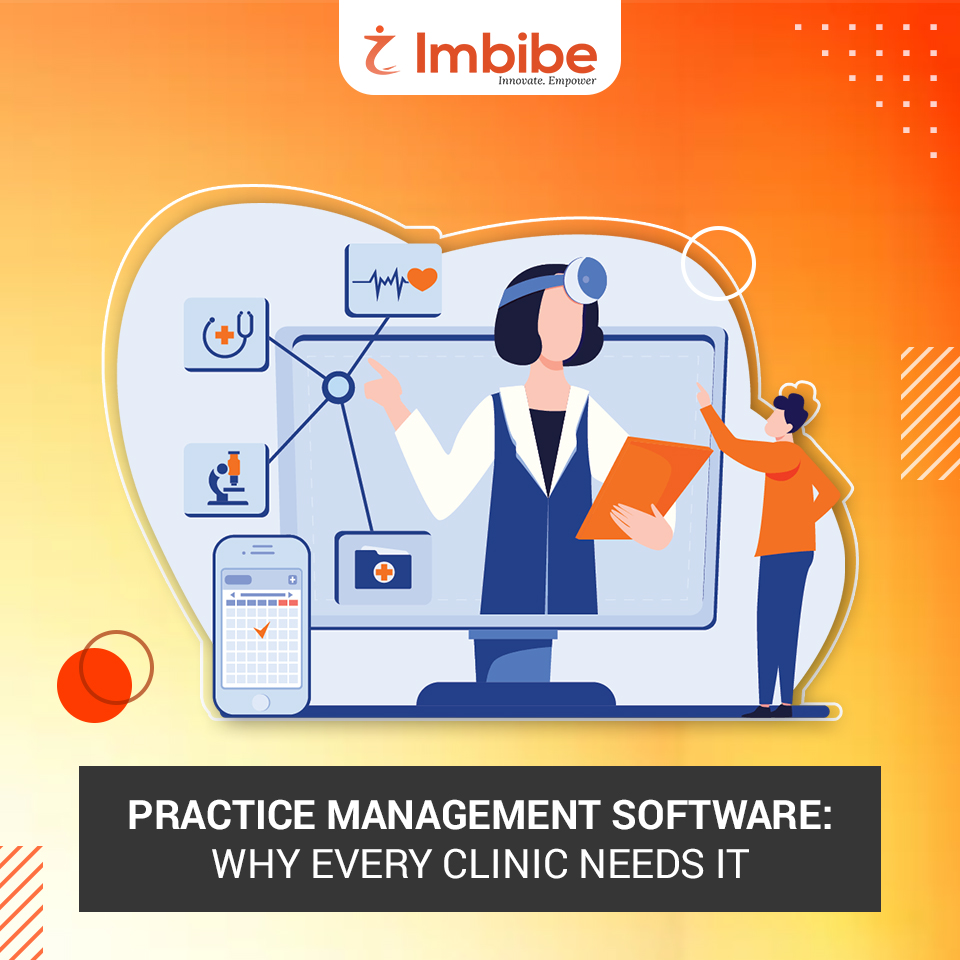A Outlook of Health Services: Integrating Practice Administration Tools
In today's rapidly changing healthcare environment, medical practitioners are steadily turning to technology to streamline their operations and improve patient care. Practice management software has risen as a revolutionary tool, offering a robust solution for handling the challenges of medical practice. By integrating scheduling, billing, and patient communication into one platform, this technology not only streamlines administrative tasks but also allows healthcare providers to focus more on what truly matters – the well-being of their patients.
As the demands on healthcare systems keep to increase, the need for efficient practice management becomes increasingly essential. Embracing practice management software not only helps in lowering errors and enhancing operational efficiency but also enhances the overall patient experience. With the ability to access real-time data and analytics, providers can make informed decisions that lead to improved health outcomes, making this technology an essential component of contemporary healthcare practices.
Advantages of Clinical Management Software
Medical management software improves the management functions of healthcare practices, leading to increased effectiveness and minimized operational costs. By simplifying appointment scheduling, financial management, and healthcare management processes, healthcare providers can conserve substantial time that would otherwise be spent on traditional tasks. This allows staff members to focus more on patient care, improving the overall patient experience and contentment.
Another major positive aspect of clinical software is enhanced correctness in data handling. With electronic records, the chance of human error in documentation is minimized. This correct data entry not only assists in reducing billing discrepancies but also ensures compliance with healthcare regulations. Better data oversight supports reporting, delivering insightful insights that can aid practices make educated decisions and elevate services.
Moreover, such systems boosts interaction within the practice and with patients. Many systems offer secure patient portals where clients can arrange appointments, access their health records, and communicate with clinicians easily. This fosters a collaborative environment, boosting patient participation and facilitating better health outcomes, as patients are more likely to participate actively in their care.
Important Aspects to Look For
When seeking for management software for practices, it is crucial to focus on intuitive interfaces. Software that is easy to use and navigate allows healthcare professionals to enhance their workflow, reducing the time spent on training and troubleshooting. A effectively crafted user interface enhances productivity and ensures that team members can quickly access the information they need without time loss.
Another crucial feature to consider is the ability to integrate billing with scheduling. Effective management software for practices should provide seamless scheduling to improve appointment bookings, minimize cancellations, and increase patient engagement. Additionally, having integrated billing functionalities allows for accurate invoicing and claims processing, which results in improved cash flow and reduced administrative overhead.
Lastly, comprehensive reporting and analytics tools are indispensable in practice management software. These features allow healthcare providers to track key performance indicators, monitor patient outcomes, and pinpoint areas for improvement. By utilizing data analytics, practices can make informed decisions that improve operational efficiency and result in better patient care and satisfaction.
The Effect on Healthcare Care

The adoption of practice management software substantially enhances patient care by optimizing administrative tasks, enabling healthcare providers to focus more on their patients. By automating scheduling, billing, and record-keeping, this technology reduces wait times and minimizes the likelihood of errors that could affect patient treatment. With additional time available, healthcare professionals can engage deeply with their patients, building stronger relationships and enhancing the overall patient experience.
Additionally, practice management software facilitates better communication between healthcare providers and patients. Functions such as patient portals allow individuals to access their medical records, schedule appointments, and communicate with their healthcare team with simplicity. This transparency empowers patients to take an active role in their individual healthcare, leading to better adherence to treatment plans and higher satisfaction with the care they receive.
Finally, the analytics capabilities of practice management software contribute to enhanced patient care quality. Healthcare organizations can monitor patient outcomes and spot trends over time, which guides evidence-based decision-making. By leveraging insights gained from data analysis, providers can refine their services, anticipate patient needs, and improve health outcomes for the population they serve. This technology not only aids individual patient care but also drives advancements in public health initiatives.